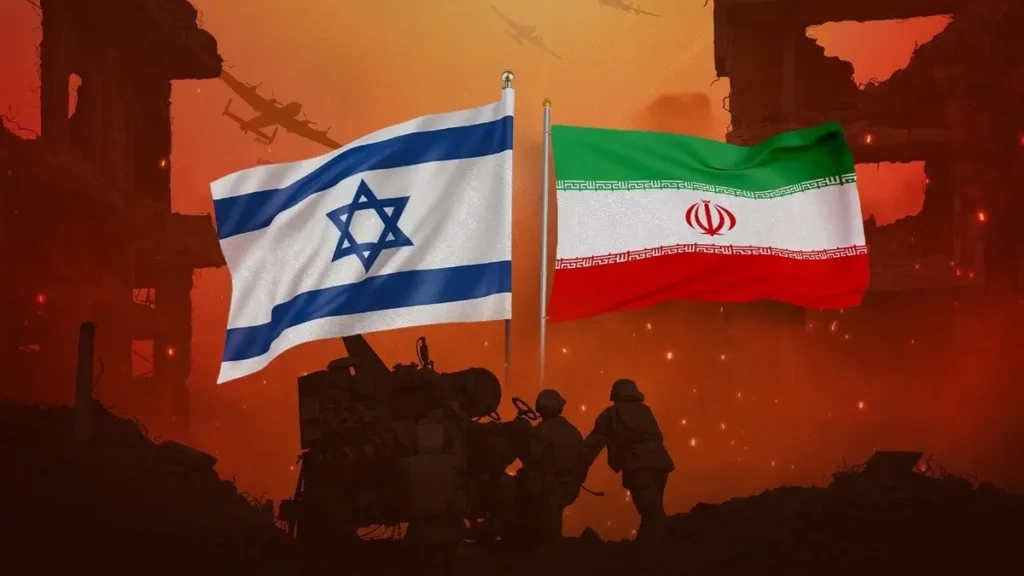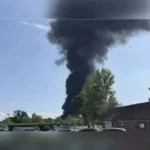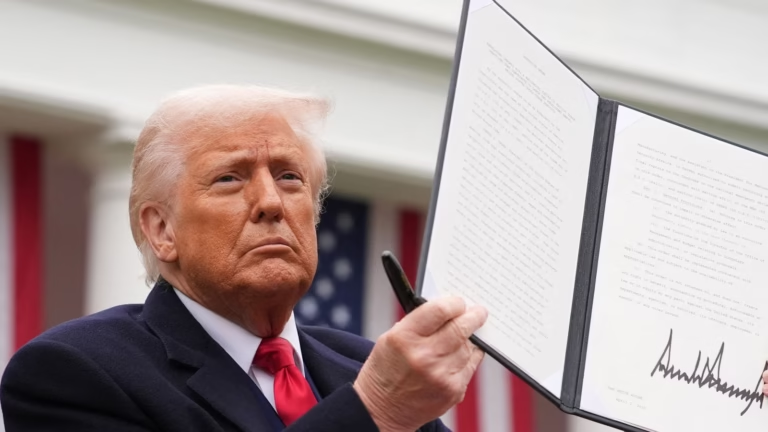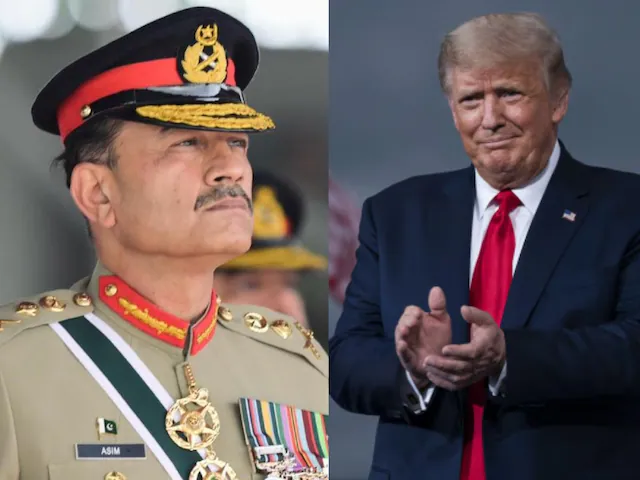
Introduction: A Lost Alliance
Today, Iran and Israel are locked in a dangerous cold war, with covert attacks, proxy battles, and nuclear threats defining their relationship. But just over four decades ago, the two nations were strategic partners—trading oil, sharing intelligence, and countering common enemies.
What changed? The answer lies in the 1979 Iranian Revolution, a seismic event that transformed Iran from a pro-Western monarchy into an anti-Israel theocracy. This shift didn’t just alter Iran’s domestic politics—it reshaped the entire Middle East.
In this deep dive, we’ll explore:
- The Shah’s secret alliance with Israel
- How the revolution shattered decades of cooperation
- Why Iran and Israel are now on the brink of war
1. The Shah’s Iran: A Quiet Partner to Israel
Oil & Economic Ties
Before the revolution, Iran under Mohammad Reza Pahlavi was one of Israel’s few friends in the Muslim world. Despite public denials (to avoid angering Arab states), the two countries had a covert but crucial partnership dating back to the 1950s.
- Iran was Israel’s main oil supplier, providing up to 80% of its oil needs in the 1960s and 70s.
- Since Arab nations boycotted Israel, Iran secretly shipped oil through the Eilat-Ashkelon pipeline, a joint venture established in 1968.
Military & Intelligence Cooperation
- Mossad (Israel’s spy agency) trained the Shah’s brutal secret police, SAVAK, in interrogation techniques.
- Israel sold Iran Uzi submachine guns, missiles, and military technology—helping Iran modernize its army.
- Both countries saw Arab nationalism (like Egypt’s Nasser) and Soviet influence as threats.
A Strategic Friendship
Israel viewed Iran as a bulwark against Arab hostility, while Iran saw Israel as a technological and military partner. Even after the 1973 Yom Kippur War, when Arab states cut oil supplies to the West, Iran kept selling oil to Israel.
But beneath the surface, Iran’s society was boiling with unrest—and the Shah’s days were numbered.

2. The 1979 Revolution: A Turning Point

The Iranian Revolution wasn’t just about overthrowing the Shah—it was a rejection of Western influence, secularism, and Israel.
Why Did the Shah Fall?
- Authoritarian Rule: The Shah’s regime jailed and tortured dissidents.
- Economic Inequality: Wealth was concentrated among elites, while many Iranians lived in poverty.
- Cultural Backlash: Rapid Westernization angered conservative clerics like Ayatollah Ruhollah Khomeini.
Khomeini’s Rise & Anti-Israel Rhetoric
Khomeini, exiled in France, called the Shah a “puppet of America and Zionists.” When he returned in 1979, he declared:
“Israel is a cancerous tumor that must be wiped out.”
The new Islamic Republic:
- Severed diplomatic ties with Israel (February 1979).
- Handed over the Israeli embassy to Yasser Arafat’s PLO.
- Ended all oil shipments to Israel and shut down the Eilat-Ashkelon pipeline.
The U.S. Hostage Crisis & Global Isolation
When Iranian students stormed the U.S. Embassy in Tehran (1979–81), America cut ties—pushing Iran toward the Soviet bloc. Israel, now seen as an “American-Zionist enemy,” became a prime target.
3. Iran’s War Against Israel (1980s–Today)
After the revolution, Iran launched a proxy war against Israel, shaping today’s Middle East conflicts.
Funding Hezbollah (1980s–Present)
- Iran’s Revolutionary Guards (IRGC) created Hezbollah in Lebanon to fight Israel.
- Hezbollah’s 2006 war with Israel was directly backed by Tehran.
Supporting Hamas & Palestinian Jihad

- Since the 1990s, Iran has armed Hamas and Islamic Jihad in Gaza.
- The October 7, 2023, Hamas attack on Israel was praised by Iranian leaders.
Nuclear Threats & Shadow Wars
- Israel views Iran’s nuclear program as an existential threat.
- Covert attacks (cyberwarfare, assassinations, drone strikes) have escalated in recent years.
4. Could Iran & Israel Ever Reconcile?
The chances are slim—but not impossible.
- If the Islamic regime falls, a new government might restore ties (as some exiled opposition groups suggest).
- If Iran abandons its anti-Israel ideology (unlikely under current leadership).
For now, the 1979 revolution’s legacy ensures that Iran and Israel remain sworn enemies.
Conclusion: A Conflict That Shapes the Middle East
The fall of the Shah didn’t just change Iran—it rewrote the Middle East’s power dynamics. What was once a secret alliance is now one of the world’s most dangerous rivalries.
As Iran and Israel edge closer to open war, understanding this history is crucial. The 1979 revolution didn’t just create an Islamic Republic—it set the stage for decades of conflict.
What do you think? Could Iran and Israel ever make peace? Share your thoughts in the comments!
Read more about this topic.
- Big Breaking! Small Passenger Plane Crashes Shortly After Takeoff at London’s Southend Airport

- Trump Declares War on Indian NRIs: Shock 1% Money Transfer Tax, Ruthless Border Crackdown & Exploding Visa Costs

- Breaking! CUET UG Result 2025: Release Date, Direct Link, and How to Check Scorecards

- OnePlus Nord 5 Camera & Specs Leaked: Flagship-Level Imaging at Mid-Range Price?

- Shocking! Type or Get Fired: 9-Hour Keystroke Surveillance in Genpact








Afunmx es mi lugar secreto para relajarme y jugar un rato. Tienen una buena selección de juegos y la página es fácil de usar. Lo recomiendo si buscas algo diferente, ¡prueba afunmx!
Your point of view caught my eye and was very interesting. Thanks. I have a question for you. https://accounts.binance.info/ph/register?ref=IU36GZC4
Alright, took a spin through 333betcasino. They’ve got a decent collection of slots. Might be a good place to try your luck if you’re feeling it. See for yourself at 333betcasino.
Another day, another chance to win the Soi Cau XSMB! Found more insights on soicauxsmbkubet. Let’s keep researching and see if we can land that big prize!
I always was interested in this subject and still am, appreciate it for posting.
I don’t think the title of your enticle matches the content lol. Just kidding, mainly because I had some doubts after reading the enticle.